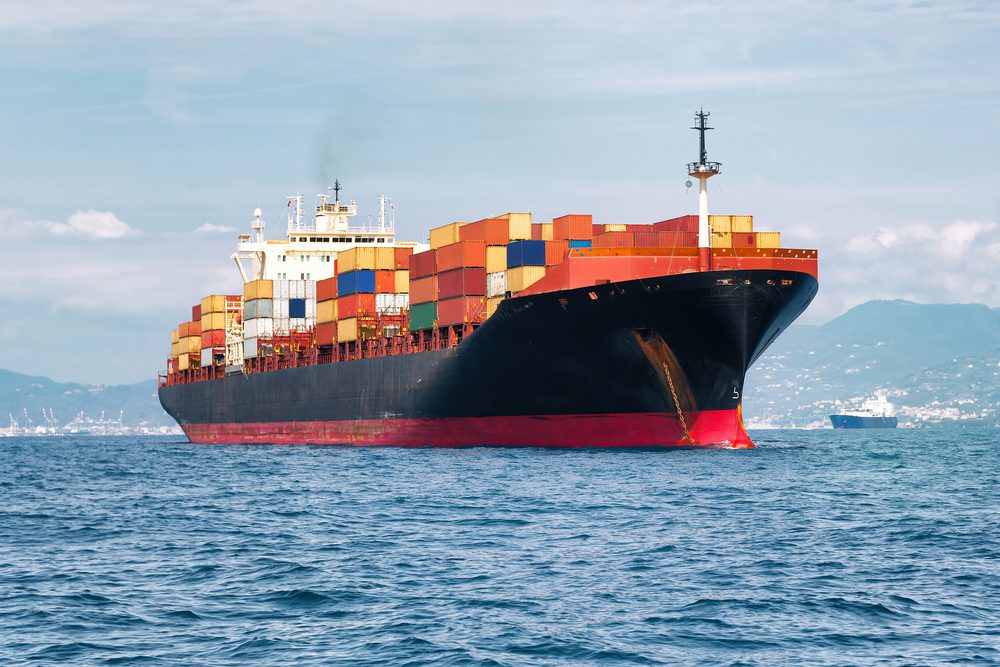ABB to supply integrated power system for nine shuttle tankers
In a major step towards more efficient offshore operations, Samsung Heavy Industries Co., Ltd. (SHI) and ABB have signed an agreement to equip a fleet of shuttle tankers with ABB’s...

In the aftermath of an onboard incident that leads to serious or fatal injuries, the well-being of fellow crewmembers must not be forgotten – especially when there is potential to re-open emotional wounds during an investigation, says North P&I Club’s Ross Waddell and Alvin Forster
(North P&I) – People’s reactions to an incident vary, as does their degree of involvement. Some may be connected to the events that led to the incident, while some may witness the accident unfold or see its results. Others may have had to take action, such as administering first aid, and others still may be affected by being exposed to the emotions and reactions of their colleagues. In an investigation, these feelings can be re-ignited if not handled with care.
We are all human, and we must recognise the impact a serious incident and its subsequent investigation can have on everyone – not just the injured parties.
Mixed emotions
A witness to an event can experience a range of emotions. There is no rule on how someone will process an incident or how they will react. They may experience trauma, anger, guilt, or a fear of future similar incidents. Some may be blamed by their colleagues when the ‘finger-pointing’ begins as people try to make sense of what happened soon afterwards or during the investigation process. All of these can affect a person’s mental health and performance.
Interviewing witnesses
A key aspect of incident investigation is to ask witnesses what they saw. To ensure this vital form of evidence is reliable, the usual practice is to take statements as soon as possible after the event.
However, any interviews should be conducted with the witness’s welfare in mind. Following an incident, it is not uncommon for inspectors, surveyors, and lawyers representing different parties to attend on board, all wanting to speak to the crew. This process must be carefully managed; questioning that is perceived as aggressive or confrontational can make matters worse.
When conducting interviews after a traumatic event, consider the following:
Above all, remember this is not an interrogation but a means of finding out what happened.
Look after each other
If a crewmember has been affected by an incident, do not assume that they will seek help. There are numerous possible reasons why a seafarer may be reluctant to ask for help, and a company’s mental health policy should tackle these barriers. Consider, for example, that they might not recognise that their difficulties stem from a mental health problem, or that they might fear what other people would think of them if they did ask for help. They may feel unsure that they would have the company’s support or worry that their future employment status or promotion prospects could be affected. Awareness and empathy are crucial.
Empathy is the ability to ‘step into the shoes’ of another person and try to understand how they are feeling and how things are from their perspective. While empathy is an important and effective leadership skill, it need not be confined to managers. Crew should look out for each other in the days and weeks after a serious incident and after interviews where they recall events. They should take the time to check on each other and ask how they are feeling.
Mental health issues manifest themselves differently in each individual, but providing the vessel with a toolkit to help them spot the signs could prove helpful in identifying a person in trouble.
Emotional rescue
Ensuring the well-being of crew at sea is not just confined to post-incident care. In this most challenging of times where crew changes have been difficult and there has been very little respite in the form of shore leave, it is more important than ever that crew have avenues for emotional relief. This support is integral to the smooth running of the ship and to ensuring that an emotionally strong team, who recognise each other’s strengths and weaknesses, are able to work together in times of stress or crisis for the good of everyone on board.
After an incident, owners and operators should also consider contacting local organisations or charities in the next port of call that may be able to attend the vessel and provide emotional support to crew – whether that be religious comfort or simply an independent party lending an ear.
Supporting our Members
At North, we are proud of our initiatives designed to assist seafarers: My Mind Matters has information and resources for emotional wellbeing at sea, and Mind Call is a dedicated emotional support helpline available to seafarers on vessels entered with North, operating 24 hours per day, 7 days a week throughout the year. Mind Call’s helpline staff are trained in counselling skills and offer emotional support in a completely anonymous setting, allowing crew to talk in confidence about their feelings and concerns, whatever they may be.
Good communication between shore management and crew is vital to ensuring that personnel can access the services on offer.
The post is brought to you by North P&I.

Sign up for gCaptain’s newsletter and never miss an update

Subscribe to gCaptain Daily and stay informed with the latest global maritime and offshore news


Stay informed with the latest maritime and offshore news, delivered daily straight to your inbox
Essential news coupled with the finest maritime content sourced from across the globe.
Sign Up